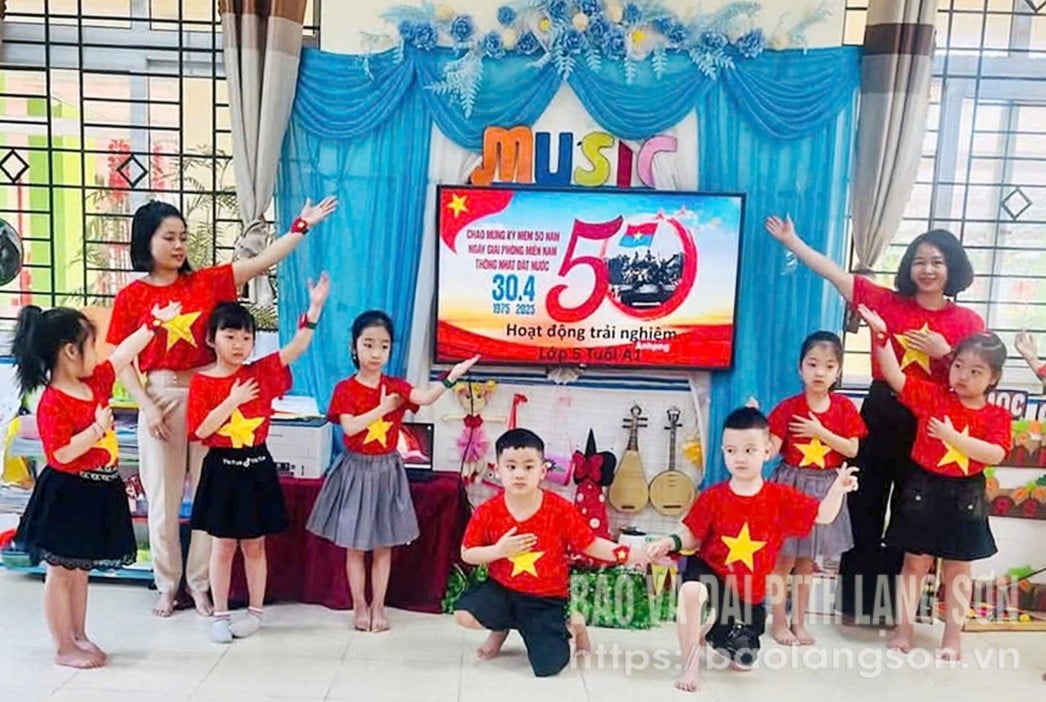
One morning in late March, at the Dinh Lap Town Kindergarten, the “Little Soldiers” lined up neatly, marched in unison to the music, and overcame obstacles like a real march. Under the red flag with a yellow star, the song “Marching to Saigon” resounded majestically from the five-year-old children. It was not just a game but a way for teachers to sow the first green buds of patriotism and national pride in the children’s souls. These simple images are taking place widely in kindergartens across the province during this special school year, the school year marking half a century of national reunification.
In fact, traditional education has been identified as one of the important contents in the preschool education program for many years. However, due to the age characteristics, the transmission of historical values always requires subtlety and softness in expression. Songs, stories, models, games, etc. have been creatively integrated by schools, so that children can approach history through emotions rather than reason. Teacher Phung Thi Quynh, Principal of Binh Phuc Kindergarten (Van Quan district) shared: "Traditional education for preschool children is integrated by the school mainly through fun activities, music and visual images. Although children are still young and do not understand deeply, their first impressions of history are formed very naturally, gently and sustainably."
In the 2024-2025 school year, the province has 231 kindergartens with more than 60,000 children. From the beginning of the school year, 100% of kindergartens have developed traditionaleducation plans associated with major holidays of the year, especially the April 30 anniversary. Classrooms and schoolyards are decorated with flags, slogans, and images of the country and people of Vietnam. Children listen to stories about Uncle Ho, Uncle Ho's soldiers, and dance to familiar songs such as "I love my soldier uncle", "I love my Fatherland Vietnam"... Those melodies are a bridge connecting the past and the present, helping children form their first awareness of love for their homeland and country.
Not stopping at the familiar model, many schools have maximized creativity in organizing traditional educational activities. Some places built cardboard models of tanks and Independence Palace gates for children to play the role of soldiers entering to liberate Saigon; some organized "history corners" in the schoolyard with paintings and simulated objects, so that each day at school, children could "meet" history again through vivid, visual images. In each lesson, each song and each story were carefully selected, both suitable for children's perception and carrying a profound message about patriotism and the national morality of "When drinking water, remember its source". Not through lectures, but through emotions and games, traditional values are quietly permeating children's souls.
In addition, many schools have proactively organized field trips. In Lang Son city, kindergartens coordinated to organize for children to visit the barracks of the Provincial Military Command. Children were able to observe with their own eyes the soldiers' living quarters, see the production area, listen to traditional stories and interact with the soldiers. These vivid experiences help children recognize the image of Uncle Ho's soldiers as no longer a strange concept, but a close, familiar model, from which they can nurture their love and admiration. Hua Minh Khang, a 5-year-old student at Hoang Van Thu Kindergarten, innocently expressed: "I want to be a soldier to protect everyone."
The effectiveness of these activities is also recognized by parents who witness the positive changes in their children day by day. Ms. Lang Thi Hue, Hoang Dong commune (Lang Son city), whose child is studying at Hoa Huong Duong Kindergarten, shared: “I was very moved when I saw my child wearing a military uniform, saluting the flag seriously and practicing singing the national anthem. Such experiences are not only childhood memories but also instill in children the first feelings of love for their homeland and country.”
From the classroom to the schoolyard, from the school to each family, the spirit of “When drinking water, remember its source” is being nurtured through emotions, through close and educational experiences. These “wordless lessons” are touching the hearts of children every day, so that when they grow up, they will become citizens who know how to contribute and live responsibly towards the Fatherland.
Source: https://baolangson.vn/giao-duc-truyen-thong-tu-cap-hoc-dau-doi-5045872.html








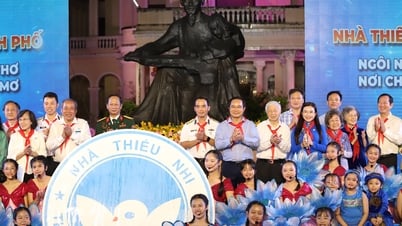

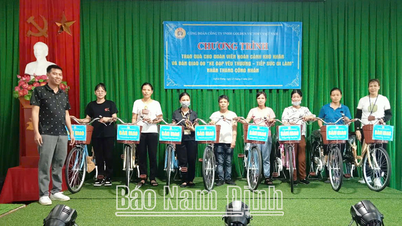

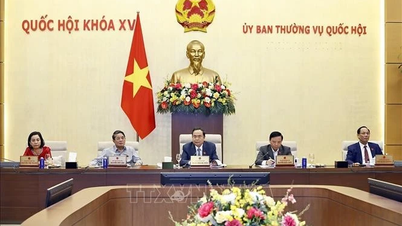

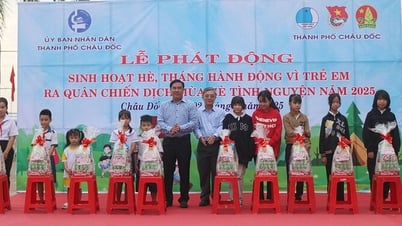

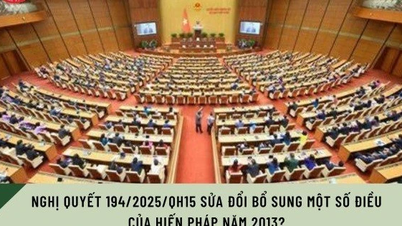
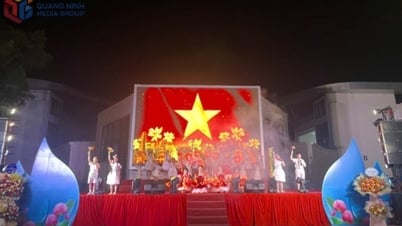





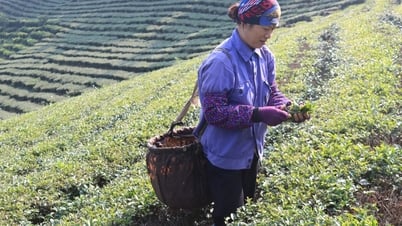
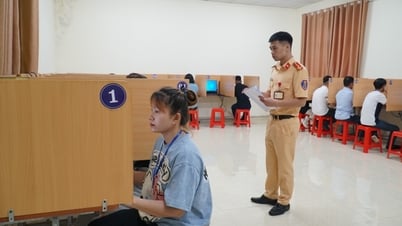
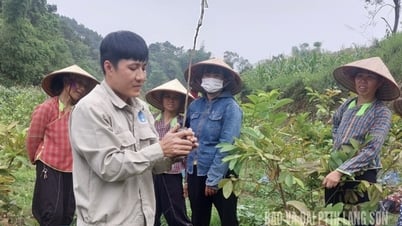
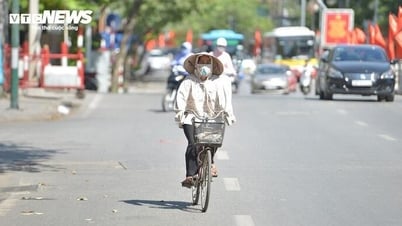

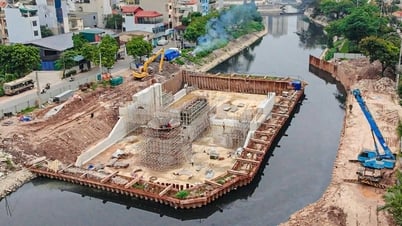

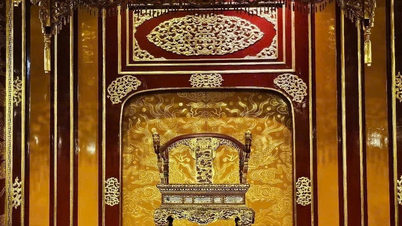









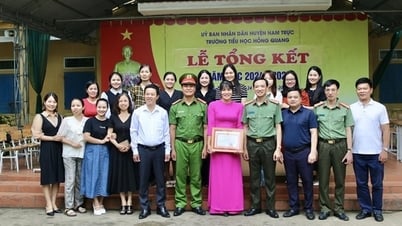
















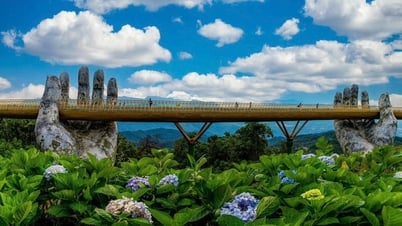
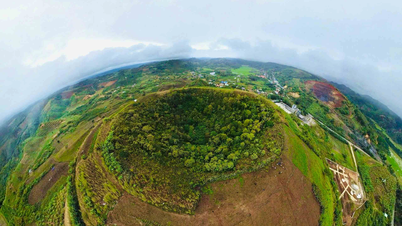





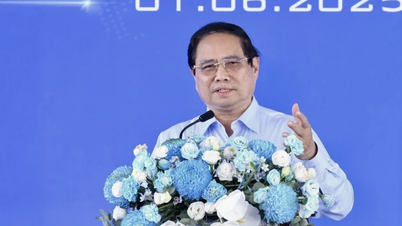
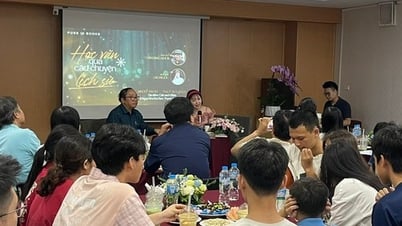

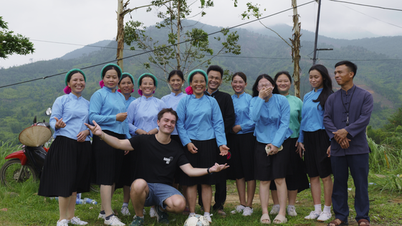
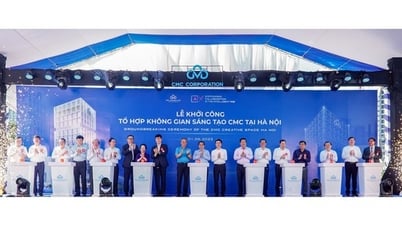

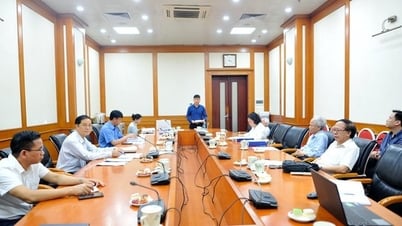







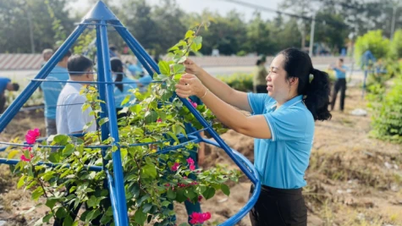
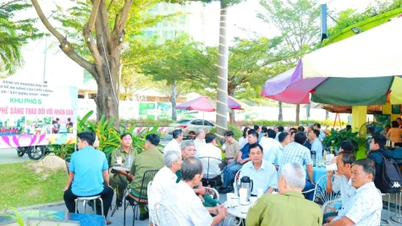
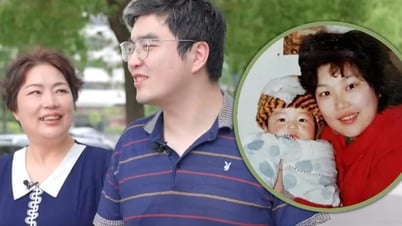









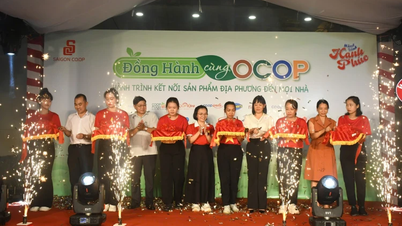

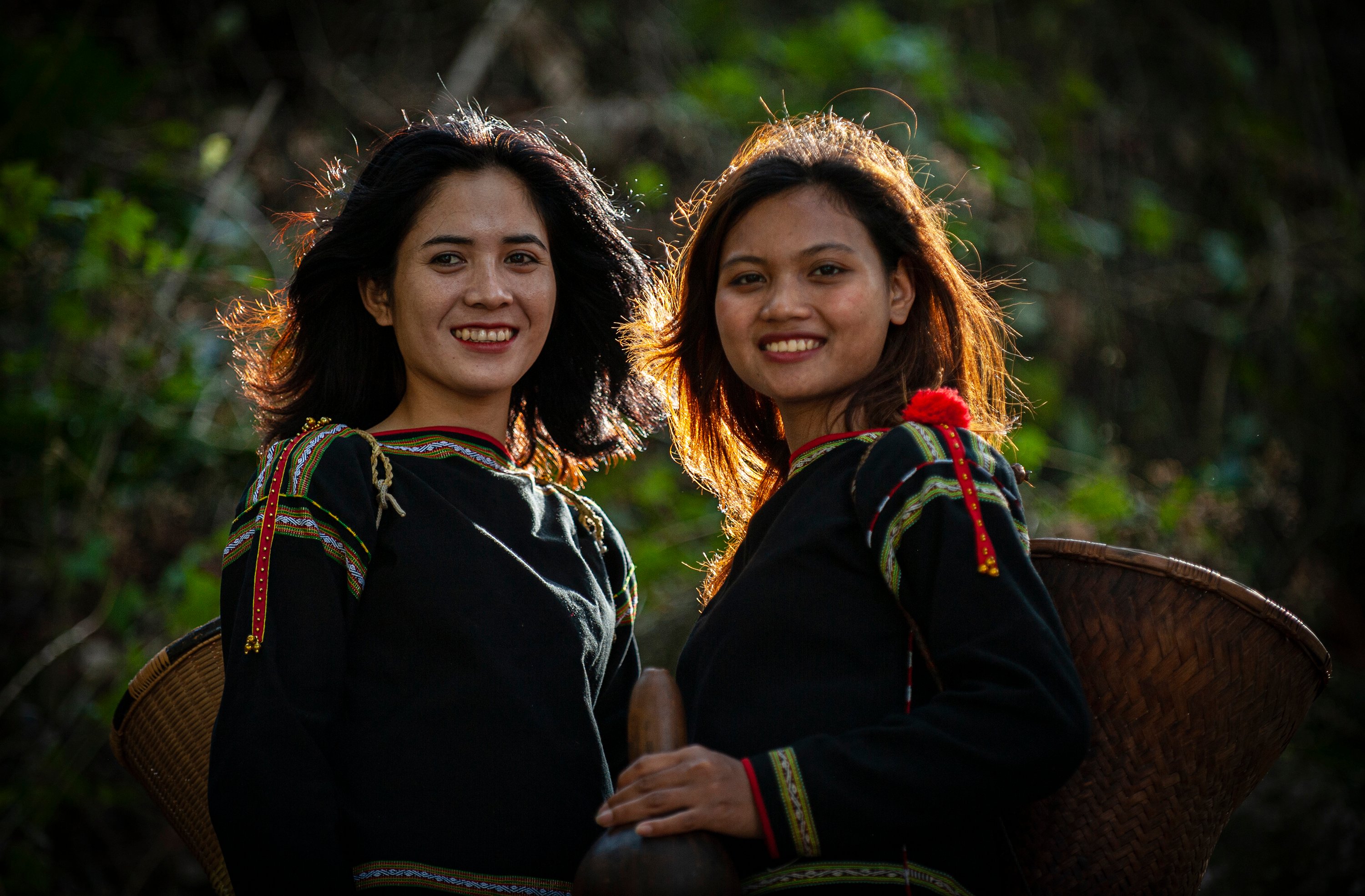
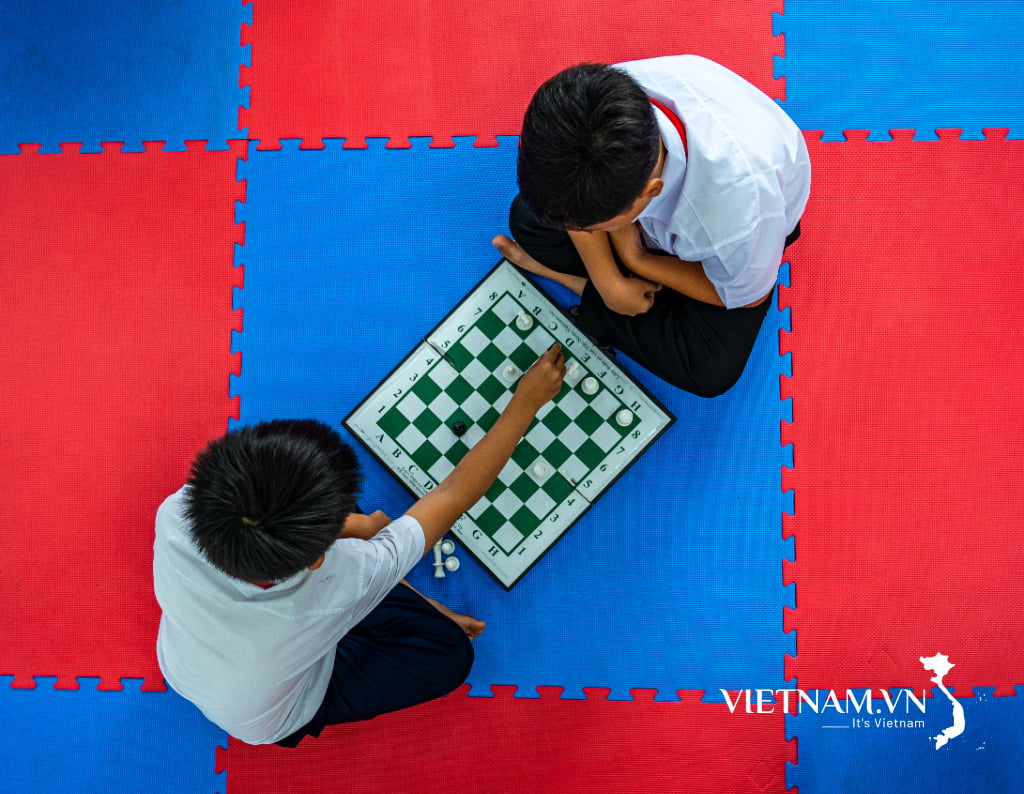
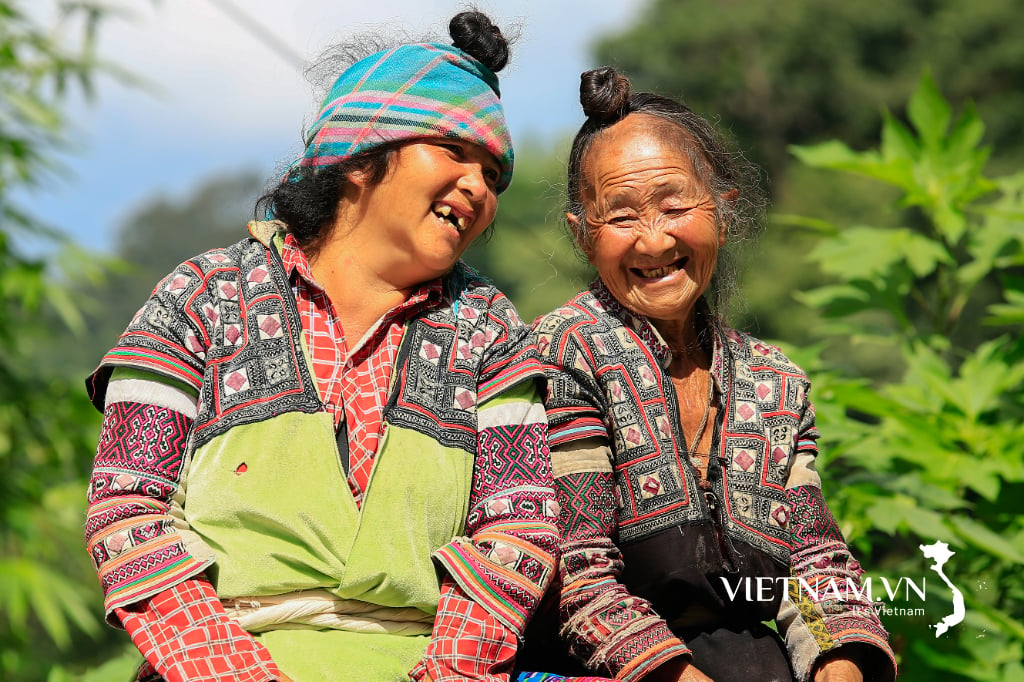

Comment (0)